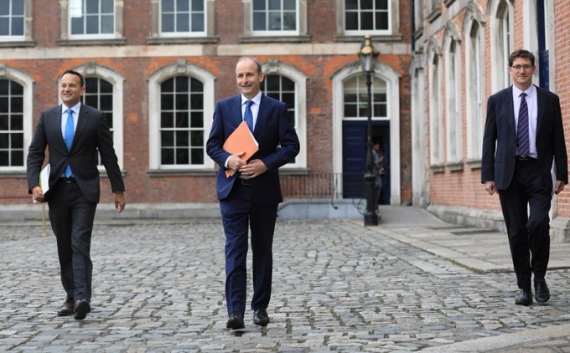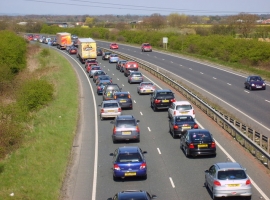
The Irish government has been attempting to curb the enthusiasm of those who expect a rapid reopening of the economy once cases are down to a manageable level.
Tánaiste Leo Varadkar has stated that there “will be some form of restrictions at least until the end of the year if not well into next year” in an interview with the Irish Times this morning. He does not see mass gatherings above 50 people until a critical mass (70% to 80%) are vaccinated. He is circumspect on pubs opening this year, saying that he does not see full recovery in those sectors until “maybe 2023”.
The report suggests schools will gradually return from tomorrow, but this will only be on a phased basis. A full return is not expected until mid-March. Minister for Housing Darragh O’Brien stated earlier in the week that construction would reopen in March.
Goodbody Stockbrokers recently estimated that the over-65s could be vaccinated by mid-April. While that timeline may have slipped somewhat, achieving that target would reduce mortality risks by up to 95%. Goodbody say a debate on the pace of reopening will rage in the coming months and should be based on facts around health risks and economic and social cost.
According to Goodbody Stockbrokers, "There is a clear effort by government to manage expectations ahead of a new plan to be unveiled in the coming weeks. That plan should be strictly linked to targets around cases of COVID-19, hospital capacity and, importantly, progress on vaccinations. While getting to herd immunity is indeed an important goal in the context of the possibility of mutations of the virus, the risk of death and serious illness will be dramatically reduced as the population is vaccinated, thus reducing the risk of overwhelming the health system."
Source: www.businessworld.ie
















